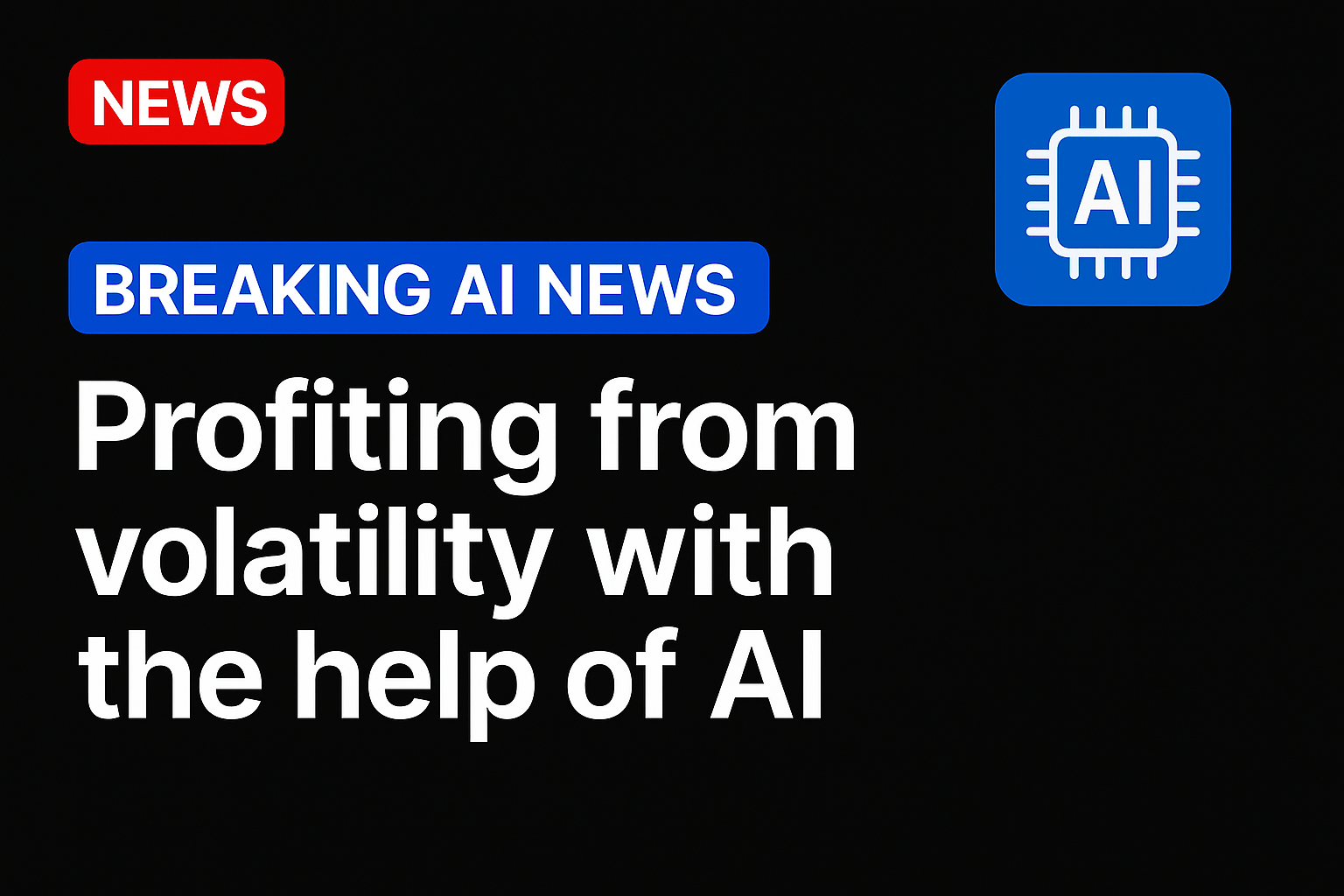As global events continue to bring uncertainty across markets, businesses worldwide grapple with an increasingly unpredictable economic landscape.
Yet rather than retreat into defensive strategies, a growing number of companies are embracing this volatility as an opportunity to transform their operations through advanced technology solutions.
According to Wolfgang Kobek, executive vice president and international general manager of global enterprise software provider Infor, trade tariff and geopolitical tensions have created an environment where businesses struggle to plan for tomorrow, let alone the next quarter.
However, while volatility is typically viewed as a barrier to investment, more forward-thinking organizations choose to see it as a catalyst for transformation and competitive differentiation.
“[Volatility] presents a unique opportunity,” says Terry Smagh, senior vice president and general manager for Asia Pacific and Japan at Infor. “While the economics and the risks inhibit companies, it also presents companies a different way of thinking to react to these challenges.”
A recent survey by Infor, adds Smagh, shows that companies across Southeast Asia are doubling down on technology investments, with artificial intelligence (AI) emerging as the key catalyst for growth and operational efficiency: Over 80 percent plan to boost their technology investment, primarily in AI, while around 85 percent of them say they are going to up their spending on tech innovations by over 20 percent.
However, while enthusiasm for AI adoption is high, many organizations struggle with implementation, both emphasize. The traditional approach of purchasing separate tools for process mining, automation and AI can quickly escalate into multi-million-dollar investments, often without clear pathways to value realization.
“There’s a huge gap between expectation and what’s actually out there,” says Kobek. “Companies think about AI and talk about it, but they do not know how to leverage it. They don’t know how to get the benefit if they invest millions in an AI platform.”
Infor is addressing this challenge with its recently launched Velocity Suite, a software with integrated solutions that combine multiple capabilities into unified platforms. Velocity Suite bundles process mining, automation and AI capabilities into a single package. These solutions focus on industry-specific use cases rather than generic AI implementations, enabling faster deployment and clearer return on investment.
Early adopters are already seeing significant results from integrated technology approaches. One of Infor’s clients, an Australian manufacturing company, has implemented Velocity Suite solutions, which went live in less than four months—a smooth implementation, says Smagh, that is supported by the over 3,000 talented developers here in their Philippine office.
“They needed to streamline their processes across multiple workflows,” explains Smagh. “They wanted to take their people and not replace them, but rather give them higher-value work. They wanted to use AI to upskill their current employees to be better in terms of productivity output.”
Both Smagh and Kobek acknowledge that the fear that AI and automation will eliminate jobs is still a significant concern for many organizations. However, both also highlight how this perspective misses the transformative potential of such technologies.
“It is not taking away jobs. It is driving efficiency and repurposing resources to tasks that are more effective,” explains Smagh. “AI is not replacing jobs—those who don’t embrace AI are the ones that are going to lose out to those that do.”
The key, they say, lies in approaching AI as an augmentation tool rather than a replacement technology. Organizations that successfully implement AI solutions typically see their employees become more productive and capable, handling higher-value work while automated systems manage routine tasks.
Across the region and even here in the country, markets are showing a particularly strong appetite for technological innovation, say Smagh and Kobek. Local companies demonstrate high receptiveness to AI and automation solutions, driven by a desire for competitive advantage in rapidly evolving markets.
“There is a tremendous amount of eagerness here in the Philippines in terms of technology adoption and innovation,” says Smagh. “Even the biggest names in retail are not sitting on their laurels—they’re bringing their next generation of leaders to understand how they can embrace innovation further.”
This enthusiasm extends beyond large enterprises to small and medium-sized businesses, which are increasingly seeking modular, scalable technology solutions that can grow with their operations.
Ultimately, as businesses navigate continued economic uncertainty, Infor believes the most successful organizations are those that view volatility as an opportunity for transformation. Rather than waiting for stability, they are investing in technologies that enhance flexibility, efficiency and competitive positioning—and the emergence of integrated, industry-specific AI solutions is making advanced technologies more accessible to businesses of all sizes. With modular pricing models and rapid implementation timelines, these platforms are democratizing access to capabilities that were once available only to the largest enterprises.
Source: https://business.inquirer.net/



